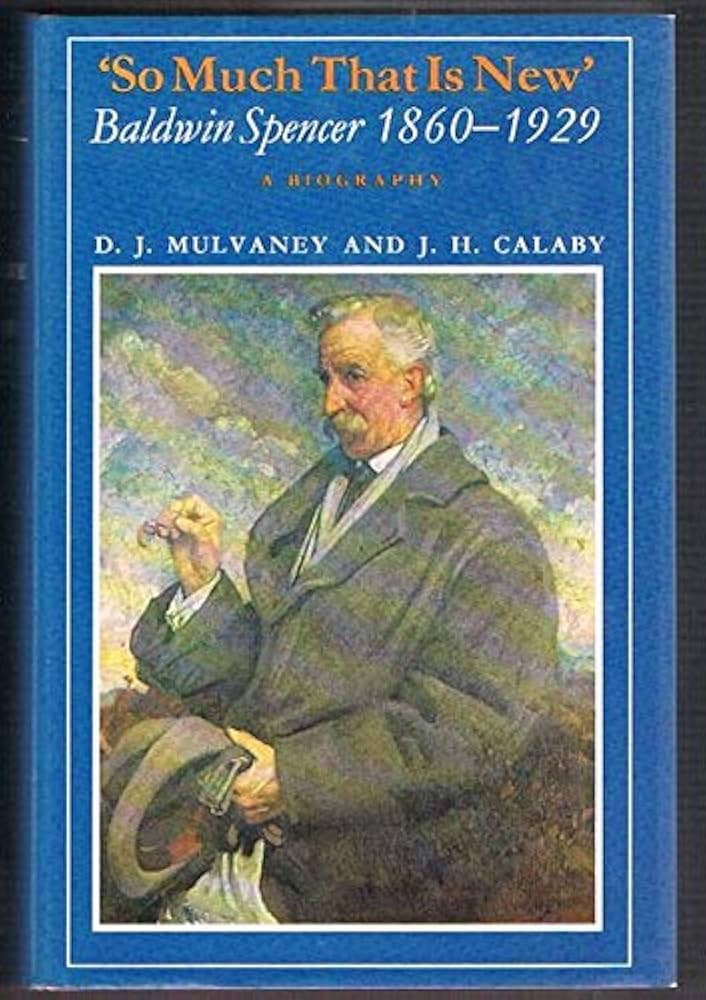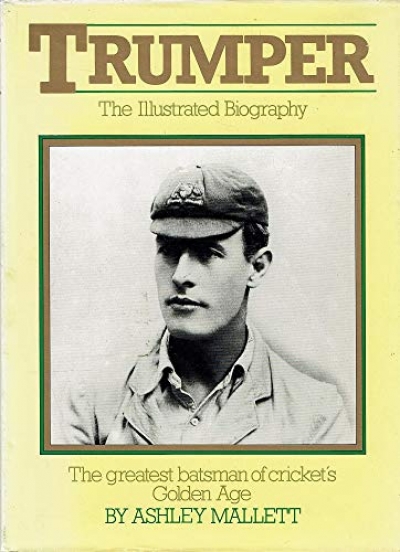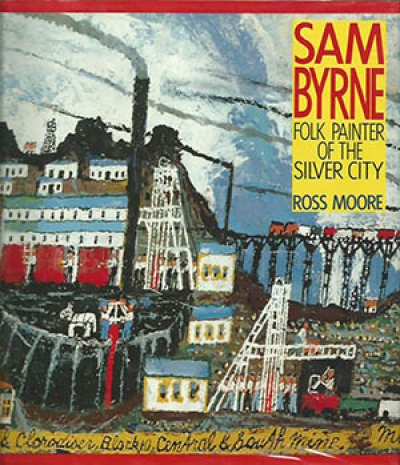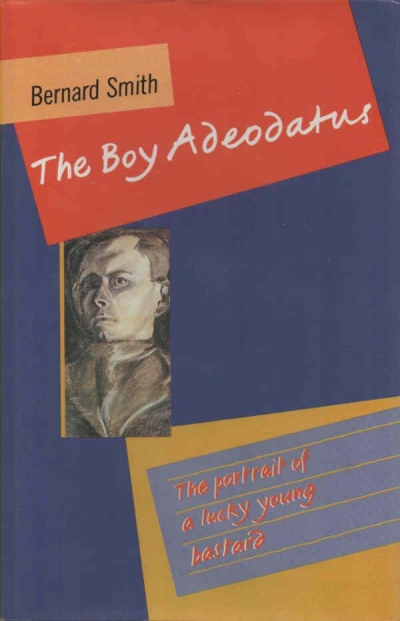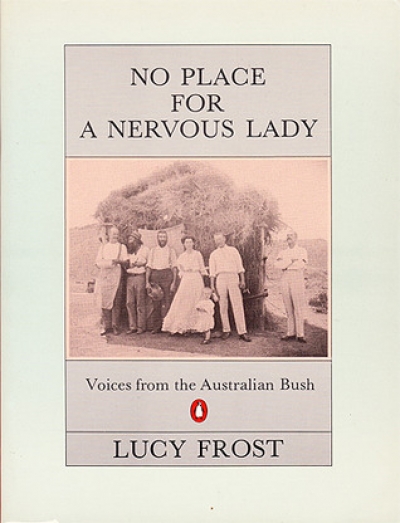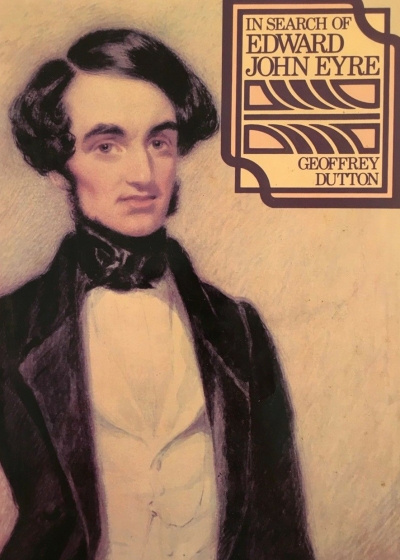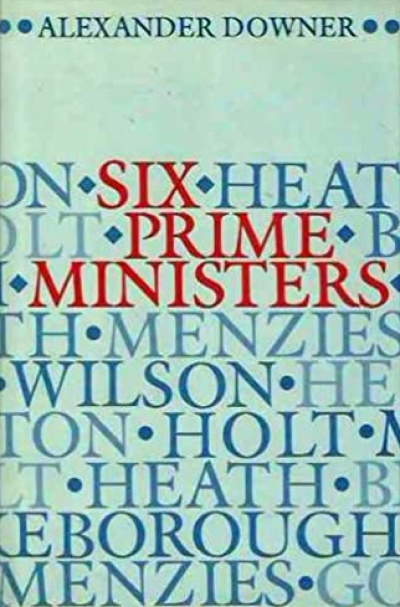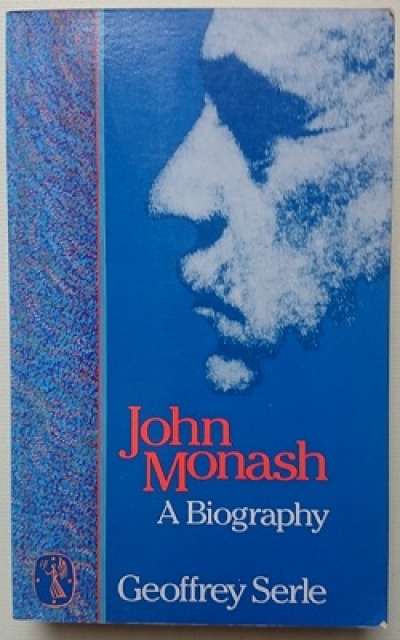Biography
Humour is much too serious business to be left to humourists; it is up to others to find it funny, while the comic goes about his trade with desperate lugubrity, Thus humour that goes out of its way to be funny falls flat: dryness is all.
... (read more)So Much that is New: Baldwin Spencer 1860-1929 by D.J. Mulvaney and J.H. Calaby
Most biographies are about active people who do several things well but usually do them one at a time. As the publisher’s blurb says, Baldwin Spencer did many things and when Mulvaney came to describe his activities he found that the usual chronological approach used by most was not appropriate; four chapters of the book describe Spencer’s contribution from about 1895 to 1920 to biology, University administration, the Melbourne Museum and Australian art, and the reader must integrate these if he wishes to establish a chronology. Spencer’s anthropological work, including his stint as Special Commissioner for Aboriginals in Darwin in 1911, runs as a thread throughout the whole book. Biographers have to face up to controversies in the lives of their subjects and with Spencer these were the disintegration of his marriage, his lapse into alcoholism in the early twenties, and criticisms of his techniques as an anthropologist.
... (read more)Trumper: The illustrated biography by Ashley Mallett
Despite its faults, this book has the merit of being the first biography on the legendary Australian batsman, Victor Trumper (1877–1915). Young cricket lovers of today may well ask what feats of batsmanship Trumper performed to deserve this handsomely produced volume about him. After all, his test average was only 39.04, not to be spoken of in the same breath as Don Bradman’s 99.96.
... (read more)In her book Gather Your Dreams Magda Bozic, a post-war European immigrant, demonstrates that all migrants have a ‘tale to tell’ about their experiences in coming to terms with their adopted homeland. Hers is not a horrific story of hardship or overt discrimination but an account of day-to-day incidents recalling early feelings of displacement, the gradual settling in over a period of twenty years, an eventual visit back to her place of birth and finally her return home to Australia.
... (read more)Before I came across this attractive and instructive book, I knew very little of the art of Sam Byrne, thinking of him merely as one of a group of outback ‘primitives’ based on Broken Hill, the Silver City, of whom the best known is Pro Hart.
... (read more)The Boy Adeodatus: The portrait of a lucky young bastard by Bernard Smith
In the penultimate chapter of his memoir, Bernard Smith describes a meeting of the Sydney Teachers College Art Club, an institution he founded and later transformed into the leftist NSW Teachers Federation Art Society. The group was addressed in 1938 by Julian Ashton, then aged eighty-seven and very much the grand old man of Sydney painting and art education. He spoke at great length on the inadequacy of the NSW Education Department’s art teaching practices. Smith adds that Ashton also ‘told his life story (as old men will)’.
... (read more)No Place for a Nervous Lady: Voices from the Australian bush by Lucy Frost
If Australia during the last century was ‘no place for a nervous lady’, this collection of women’s writings edited by Lucy Frost establishes with simple eloquence that it certainly was no place for a nervous gentleman.
... (read more)In Search of Edward John Eyre by Geoffrey Dutton
In this volume, a valued literary companion of long standing has been stripped of two-thirds of its substance, all of its footnotes and bibliography, even acknowledgments; and the remnant, daubed with illustrations, comes out dressed for a different marketplace.
... (read more)Sir Alexander Downer (1910–81) was a man of great courtesy, absolute integrity, honesty in reporting the things be observed. I think that these attributes are all self-evident in the book he has written about six Australian prime ministers. Also apparent was, I believe, a too subservient attitude to a Britain which was disappearing and changing throughout his life. After all, the concept of the Queen as the Queen of Australia – instead of the Queen of Britain or the Commonwealth – received acceptance only after World War II, which incidentally was a war that Alec Downer saw out living in the hell of Changi Prison Camp.
... (read more)Poor John Monash has waited a long time. Before he died in 1931, he clearly hoped for a friendly posthumous biography. He destroyed his collection of erotica and some extramarital love letters. This was characteristically called ‘Emergency Action’. Less characteristically, he instructed his son-in-law and executor, Gershon Bennett, not to ‘preserve indefinitely’ the enormous collection of letters, diaries, cuttings, etc.
... (read more)


